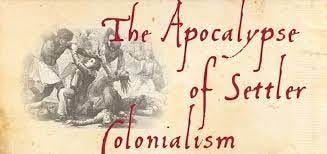In 1965, as a nineteen-year-old sophomore enrolled in a course on African history, I had the opportunity to listen to four graduate students from African countries, who had been invited to give a panel presentation to our class. I had a question for them, which I prefaced by noting that I was impacted by their educating discourses with respect to the abuses that their peoples had suffered at the hands of Europeans. Using the language of the period, I asked, “What do you think of the white man?”
The three younger men on the panel showed no inclination to the address the question, with expressions suggesting that courtesy prevented them from answering. But they were rescued from their hesitancy by the older man among the four, a gentleman from Angola, who appeared surprised by the question, but nonetheless ready for it. “I think the white man is human,” he declared. “He has committed sins against us like those that all of humanity has inflicted on others throughout history.…


